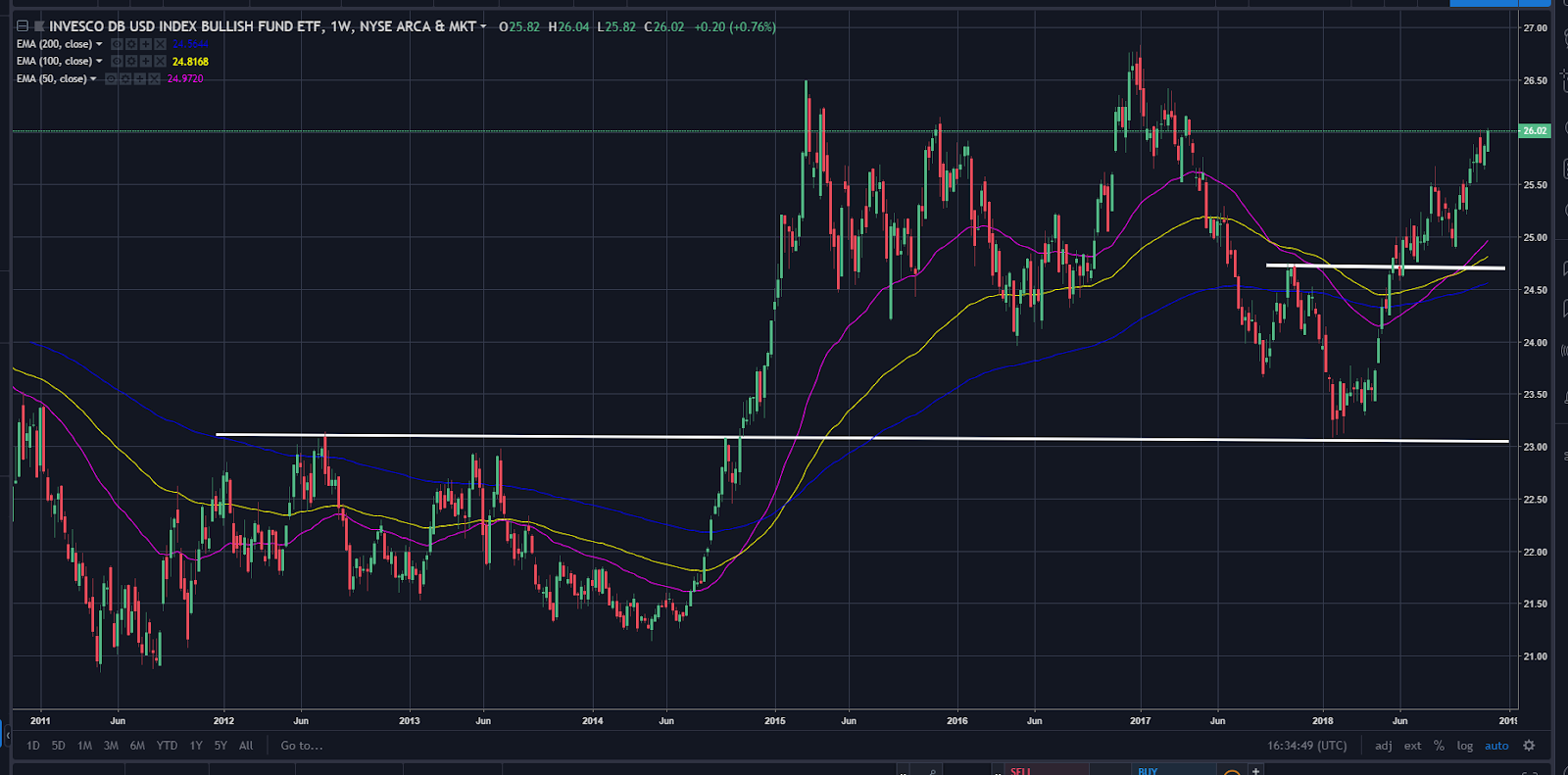


“The irony is that when E.T.F.s came out, the benefit was that you could track these large indexes and it was pretty cheap.”
ISHARE TRADING FULL
industry has come full circle,” said Sean Allocca, editor in chief of ETF.com. might have privately indicated that it wouldn’t approve the funds.

But all were withdrawn by the end of September. The managers, Kelly Intelligence, Roundhill Investments and Tema Global, sought to create 130 funds of firms including Saudi Aramco, Samsung and Volkswagen. accounting and financial disclosure rules. Crenshaw said.Ĭoncern about the riskiness of the new E.T.F.s ratcheted up after three fund managers filed plans in August to offer single-stock E.T.F.s of foreign stocks that don’t trade on U.S. “I worry that these single-stock E.T.F.s pose yet another, perhaps greater, risk for investors and the markets,” Ms. Still, some investment professionals have expressed concern about the risk that some single-stock E.T.F.s pose to individual investors, starting with Caroline Crenshaw, a commissioner of the Securities and Exchange Commission. The disclosures on the AXS funds make that clear: “The funds are not intended to be used by, and are not appropriate for, investors who do not intend to actively monitor and manage their portfolios.” The chief executive of AXS Investments, Greg Bassuk, did not respond to requests for comment. That’s why these funds are aimed at trading, not investing. While an investor might be smart to buy and hold shares of a single stock, that approach could be disastrous for someone invested in one of the new E.T.F.s as the daily reset of the funds compounds the fund’s exposure to a dangerous level. These new single-stock E.T.F.s aren’t intended to be held for more than a day, because the leverage or inverse ratio must be rebalanced after every day’s market activity. “Leverage sounds great on the upside, but investors forget that it cuts both ways,” said Wes Crill, head of investment strategists at the investment adviser Dimensional Fund Advisors. It’s that simplicity that worries investment experts. is that the fund can simplify the process at a lower cost while avoiding short-term capital gains taxes. The benefit of wrapping those strategies in an E.T.F. Stock traders already use options and derivatives to make leveraged bets on the direction of a single stock. Since then, at least 35 more E.T.F.s have been announced in filings from Direxion, GraniteShares and Kurv Investment Management targeting Boeing, Disney, Goldman Sachs, Netflix, Uber and others. The first of these funds debuted in July: eight from AXS Investments holding positions in Tesla, PayPal, Nvidia, Nike and Pfizer with leveraged long or short positions of one to two times the stock’s daily movement. They add a layer of complexity and risk that seems at odds with the very idea of E.T.F.s. Others are inverse funds, intended to move in the opposite direction of the day’s trading, profiting when the stock falls and falling when the stock gains. Many are structured as leveraged funds, which means they use a variety of investment strategies, including swaps, futures and other derivatives, to magnify bets on the direction of an individual stock. Since midsummer, a number of E.T.F.s built around owning a single stock have emerged. is the financial embodiment of the KISS theory: “Keep It Simple, Stupid.” Consider the attributes of the exchange-traded fund: low fees, less tax liabilities than a mutual fund, the ability to hold a broadly diversified portfolio in one security, lower risk and trading flexibility.


 0 kommentar(er)
0 kommentar(er)
